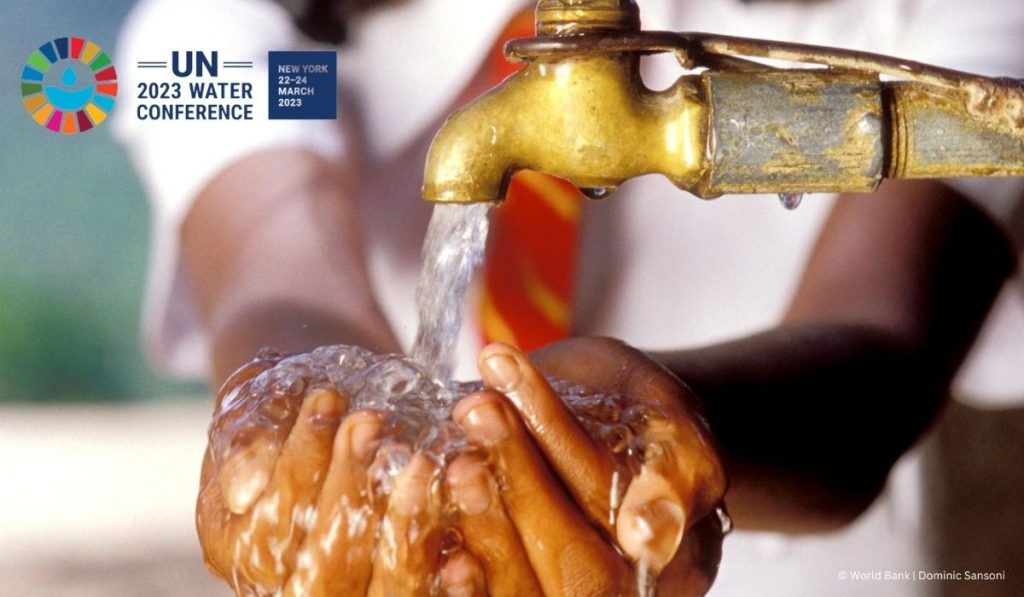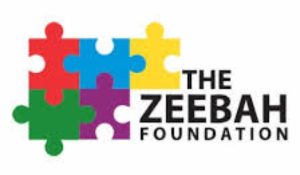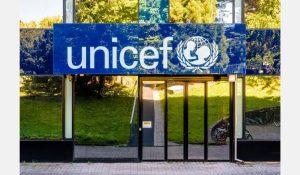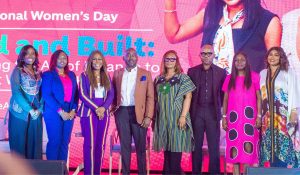
Clean Water
Access to clean water in Nigeria remains a major challenge for many communities. In Tunga Mallam, Niger State, residents endured decades of unreliable water supply after their local water scheme, built in 1984, collapsed. Forced to rely on unsafe sources like hand-dug wells and contaminated streams, families—especially women and children—faced significant health and economic burdens.
In response, UN-Habitat, in collaboration with the Government of the Republic of Korea and the Niger State Government, launched a Corporate Social Responsibility (CSR) initiative that successfully restored six major water schemes, positively impacting over 250,000 lives across Tunga Mallam, Tegina, Beji, Kataeregi, Gwada, and Dokko.
Key Project Highlights
- Restored 10 boreholes and drilled two new ones
- Installed 13 submersible pumps with automated systems
- Repaired broken pipelines and overhauled pumping infrastructure
- Increased daily water production by over 2 million litres
For many residents, this intervention is life-changing. Amina Mohammed, a mother of five, shared her experience:“Before, I spent N1,000 ($0.60) daily on water from vendors. Now, thanks to this initiative, I only spend N250 ($0.15), and my children have safe drinking water at home.”
Read also: The End of CSR? Why Corporate Accountability is the Future
CSR Driving Economic and Social Change
Beyond just restoring water access, this initiative is promoting public health, economic relief, and gender equity by reducing the burden of water collection on women and children. Akilu Kuta, Permanent Secretary of the Niger State Ministry of Water Resources and Dams Development, emphasized the impact:
“Before this intervention, only 7.5% of the state’s water schemes were operational. Today, we have significantly increased access to clean water, enhanced production capacity, and set the foundation for sustainable urban development.”
This initiative aligns with the Niger State Sub-National Urban Policy, ensuring that investment in water infrastructure remains a long-term priority. It also showcases how CSR projects in Nigeria can drive sustainable development, improve infrastructure, and transform communities.
A Model for CSR and Sustainable Development
By leveraging corporate social responsibility, UN-Habitat and its partners have demonstrated how strategic investments in water infrastructure can deliver long-term social impact. For the people of Tunga Mallam and neighboring towns, clean water access is no longer a struggle—it’s a restored right paving the way for a healthier, more prosperous future.






